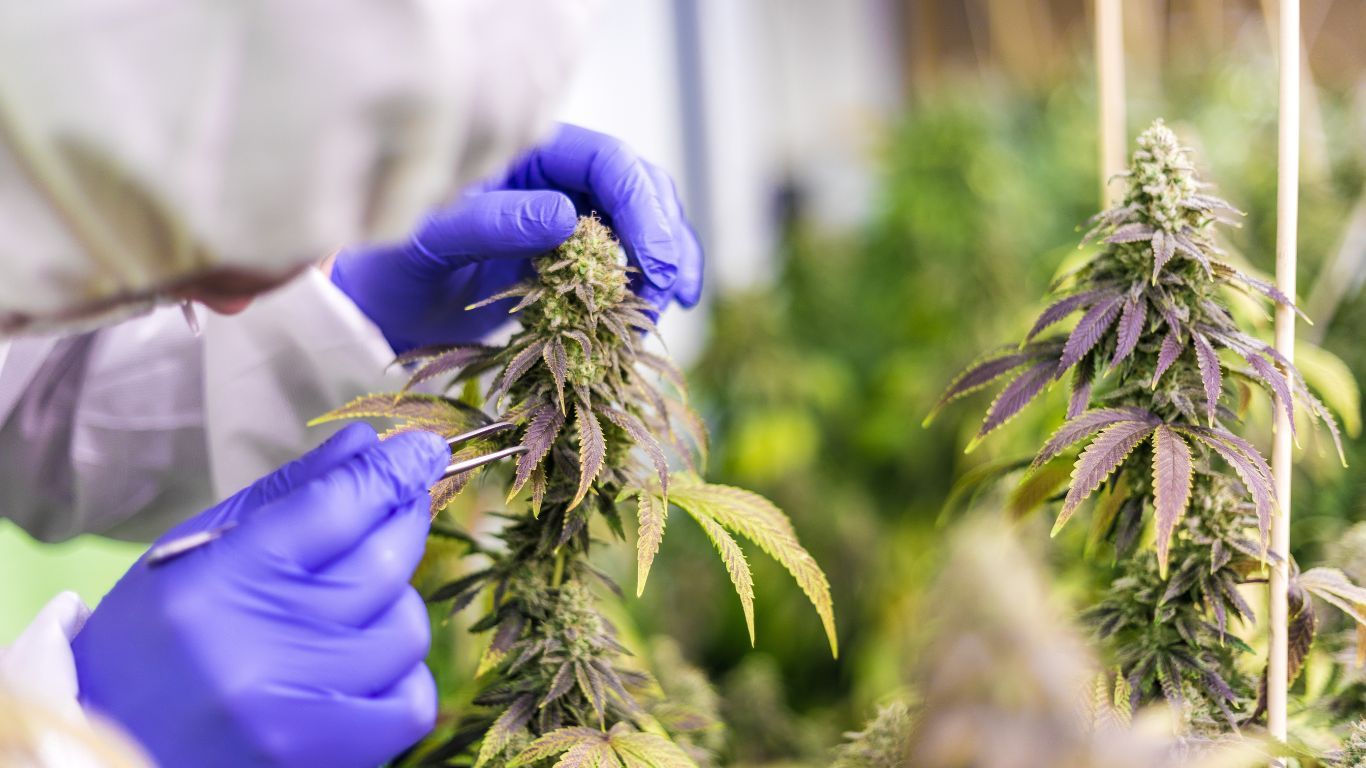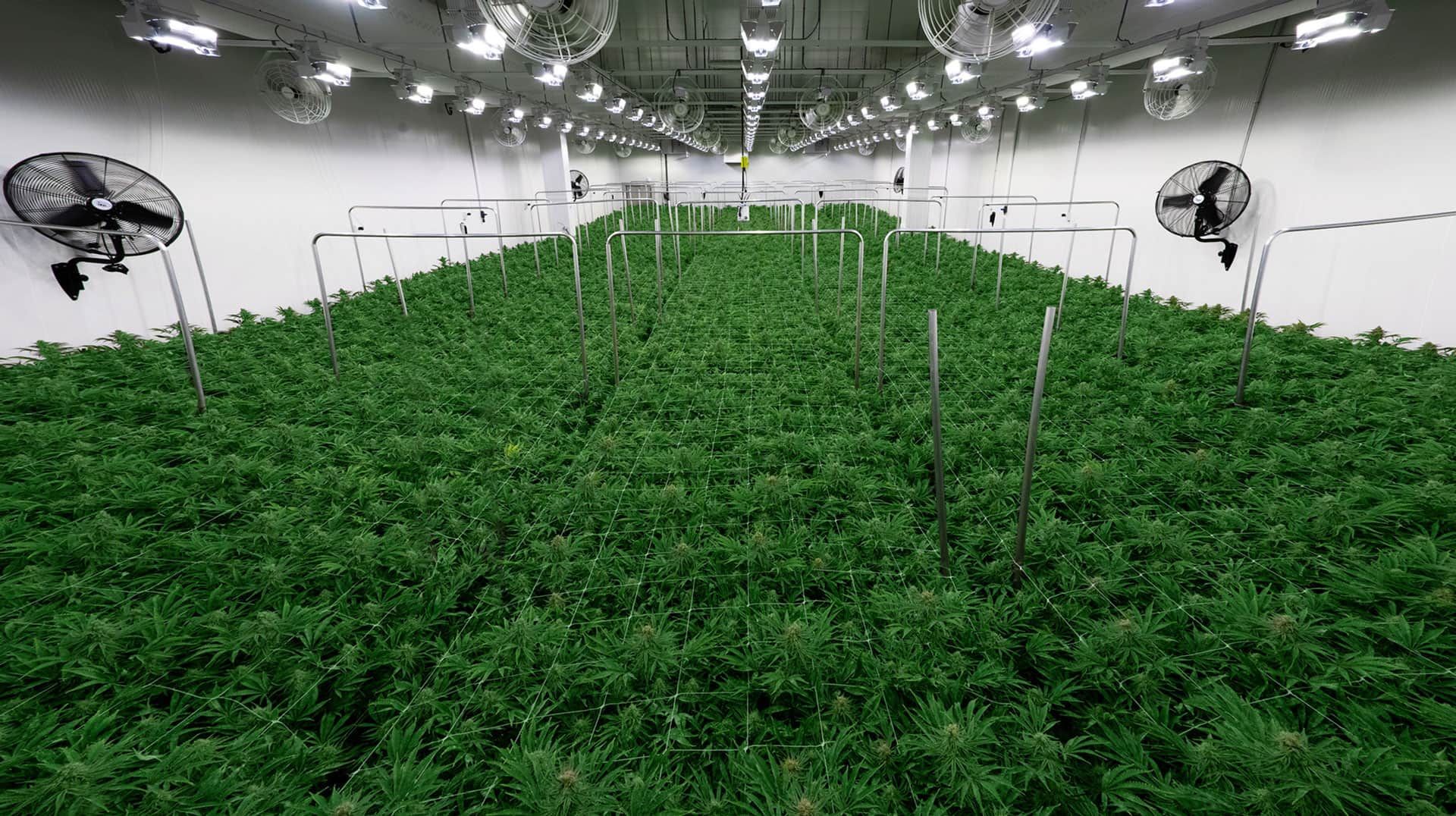
Concerns with unlisted or mis-labeled ingredients in vape pens has led at least one cannabis retail chain to seek clarification from vape pen manufacturers in Canada.
In an email from Tokyo Smoke’s Vice President of Operations in Ontario sent to vape pen manufacturers, dated July 31, the cannabis retail chain’s Ontario operations said they were giving companies 48 hours to respond to the request or face a stop-sale order on the company’s vape carts and filled pens. The stop order would be in place until the manufacturers can provide written confirmation that their products do not contain the additive phytol.
Phytol, like other terpenes found in cannabis and other ingestible products, is sometimes used as a thinning agent in vape pens. The cannabis oil used in vape pens requires a thinning agent to ensure it is fluid enough to be effective with a pen’s heating coils. Pure cannabis oil would be too thick to properly heat and inhale.
The email states that Tokyo Smoke’s concern is associated with a 14-day inhalation toxicology study to be published “in the coming weeks”, that Canopy Growth Corporation has shared with Health Canada. It also states that in their letter to Health Canada, Canopy will be placing immediate stop-orders on any vape products that list phytol as an ingredient and that the company will be following up with any vape pen manufacturers who list “ terpenes” as in ingredient to determine if the terpene phytol is used.
Canopy acquired Tokyo Smoke’s parent company Hiku in 2018.
In mid-July, Health Canada also sent out a request to licence holders selling cannabis vape pens to provide additional information on the “composition of certain vaping products which may be used to determine if products contain substances that are prohibited or that may be injurious to health”.
This decision is based on the results of a soon-to-be published study on the safety of added phytol in vaping oils. This new information underscores the need for consistent, science and evidence-based regulations for cannabis products so people have access to safe cannabis products they can trust, made by producers that act with integrity.
Dr. Mark Ware, Chief Medical Officer, Canopy Growth
“More specifically,” states the letter from Health Canada, “it is requested that you respond with the following information: The composition of the product (i.e. the full list of individual ingredients, and the net weight, net volume or concentration by weight or volume of each of those individual ingredients); The supplier or manufacturer of each of those ingredients; For each ingredient, identify whether it is a (a) carrier substance, (b) flavouring agent, or (c) necessary to maintain the quality or stability of the cannabis product; If applicable, the composition of each ingredient (e.g., for a flavouring agent, the list of substances in that flavouring agent, and the net weight, net volume or concentration by weight or volume of each of those substances)”.
Traditionally, vape manufacturers have used thinning agents propylene glycol, polyethylene glycol, vegetable glycerin, or medium chain triglycerides (MCT), generally from coconut oil. But as increasing health concerns have been associated with heating and inhaling those products, manufacturers have moved to other thinning agents, often using terpenes, either sourced from cannabis, other botanical sources, or synthesized.
Many consumers have come to see terpenes as being more “natural” because they can be found in cannabis and other plant based products. However, heating and then inhaling large concentrations of these volatile organic compounds has many known, and potentially many more unknown, health risks.
Terpenes can be used both as a thinning agent as well as flavouring. Terpenes are generally either cannabis-derived, or botanically derived from other plants.
In 2019, a major public health scare associated with cannabis vape pens from the black market was associated with an increase in lung infections, primarily in the US, which many researchers were connecting to thinning agents being used in these products.
Although there has been no definitive evidence of the specific culprit, many have pointed to thinning agents like Vitamin E acetate. Some have also pointed to terpenes being used as a thinning agent as a potential culprit. Phytol is an acyclic diterpene alcohol that can be used as a precursor for the manufacture of synthetic forms of vitamin E.
Researchers in Oregon earlier this year identified pine resin as a potential culprit, as well.
Canada opened up the market to cannabis vape pens in October 2019, with products appearing on the shelves beginning in late 2019 and early 2020. Producers are not currently required to list ingredients for vape pens other than cannabis.
Some cannabis vape pens simply list their ingredients as “cannabis extract”, “THC Distillate”, or “Full spectrum cannabis oil (including terpenes)”. Some also list specific terpenes, or just the presence of terpenes. One company, Dosist, lists it’s ingredients as Cannabis extract, beta-Caryophyllene, Farnesene, Linalol, alpha Humulenem and Limonene, but no phytol.
StratCann reached out to Tokyo Smoke, Canopy Growth, and others for this article.
EDIT: Canopy provided this followup reply on August 8:
“The health and safety of our consumers is our number one priority. Canopy Growth takes great care in researching its vaping formulations prior to launch, and we stand behind the quality and safety of our products. Canopy Growth products do not contain added phytol, and as a precautionary measure, Canopy Growth has ceased sales of third-party vape cannabis products with added phytol in its corporate owned retail stores and confirms that all franchise retail locations have done the same. This decision is based on the results of a soon-to-be published study on the safety of added phytol in vaping oils. This new information underscores the need for consistent, science and evidence-based regulations for cannabis products so people have access to safe cannabis products they can trust, made by producers that act with integrity.” – Dr. Mark Ware, Chief Medical Officer, Canopy Growth











